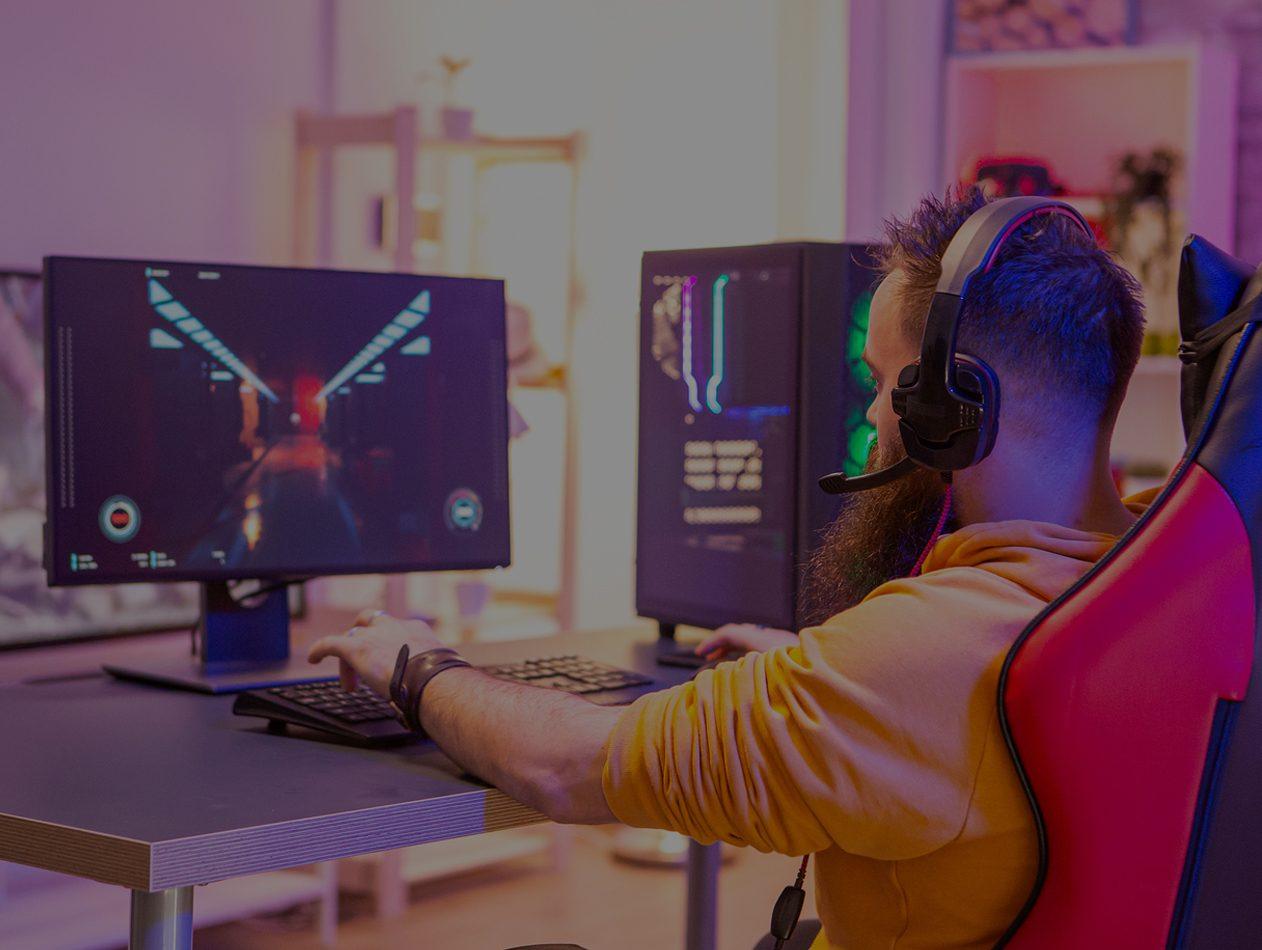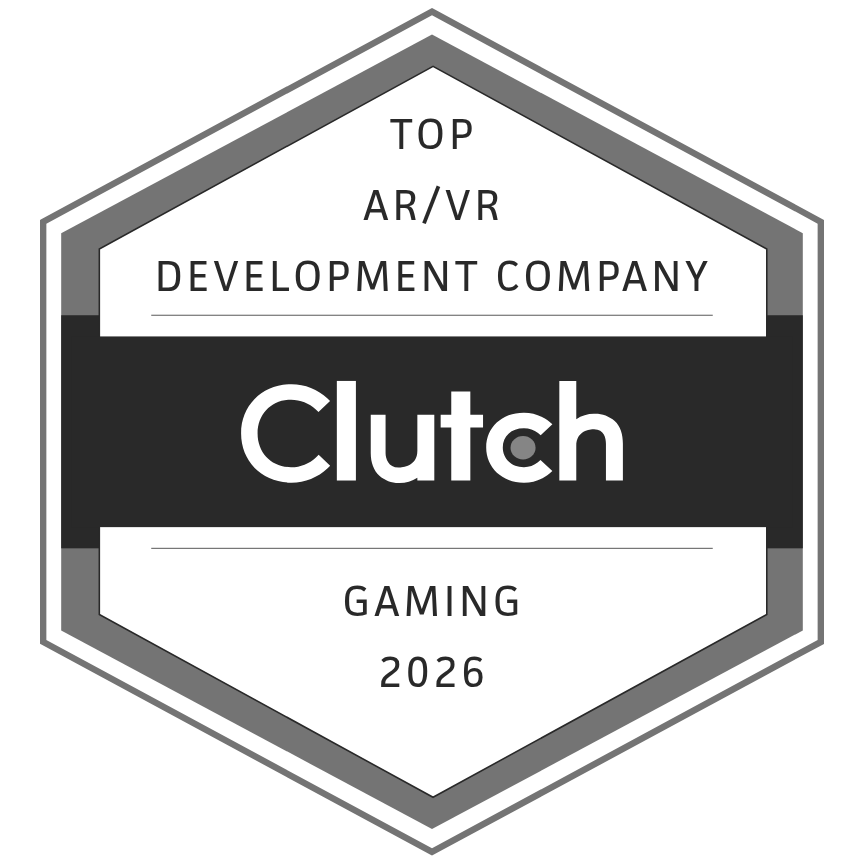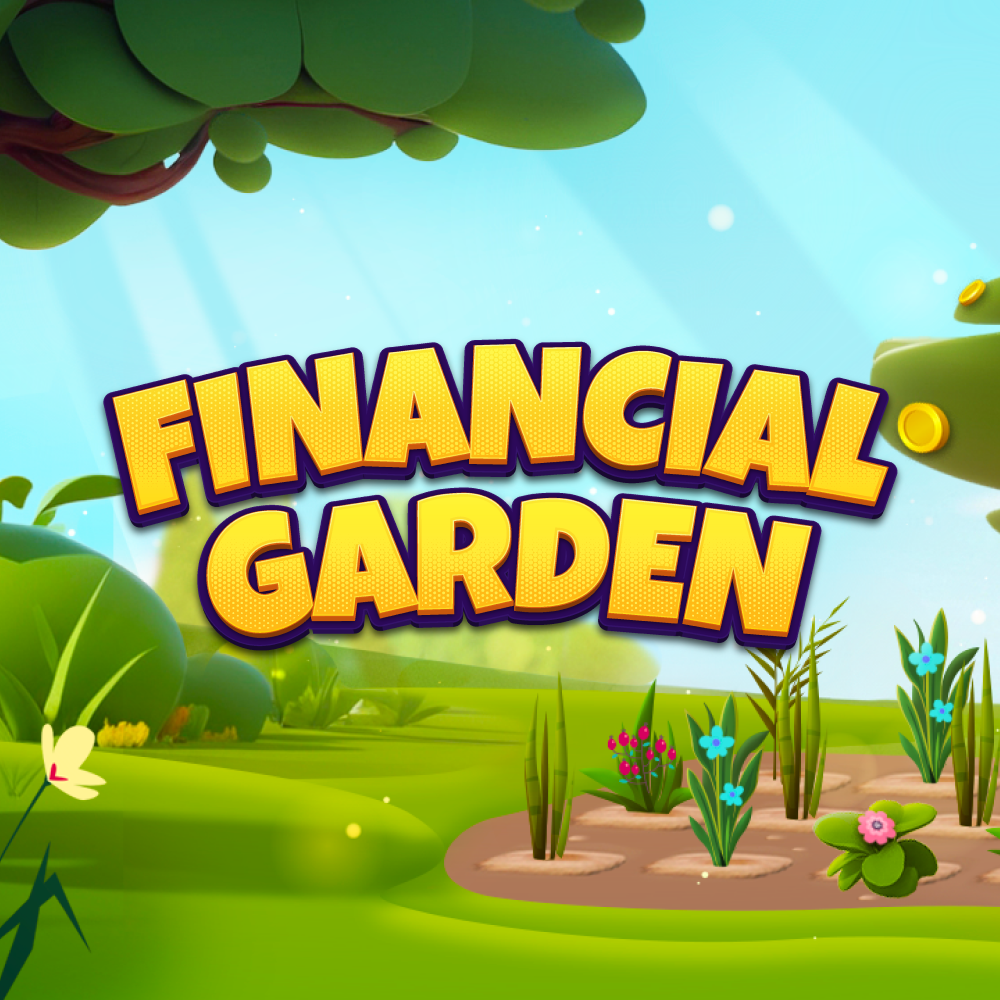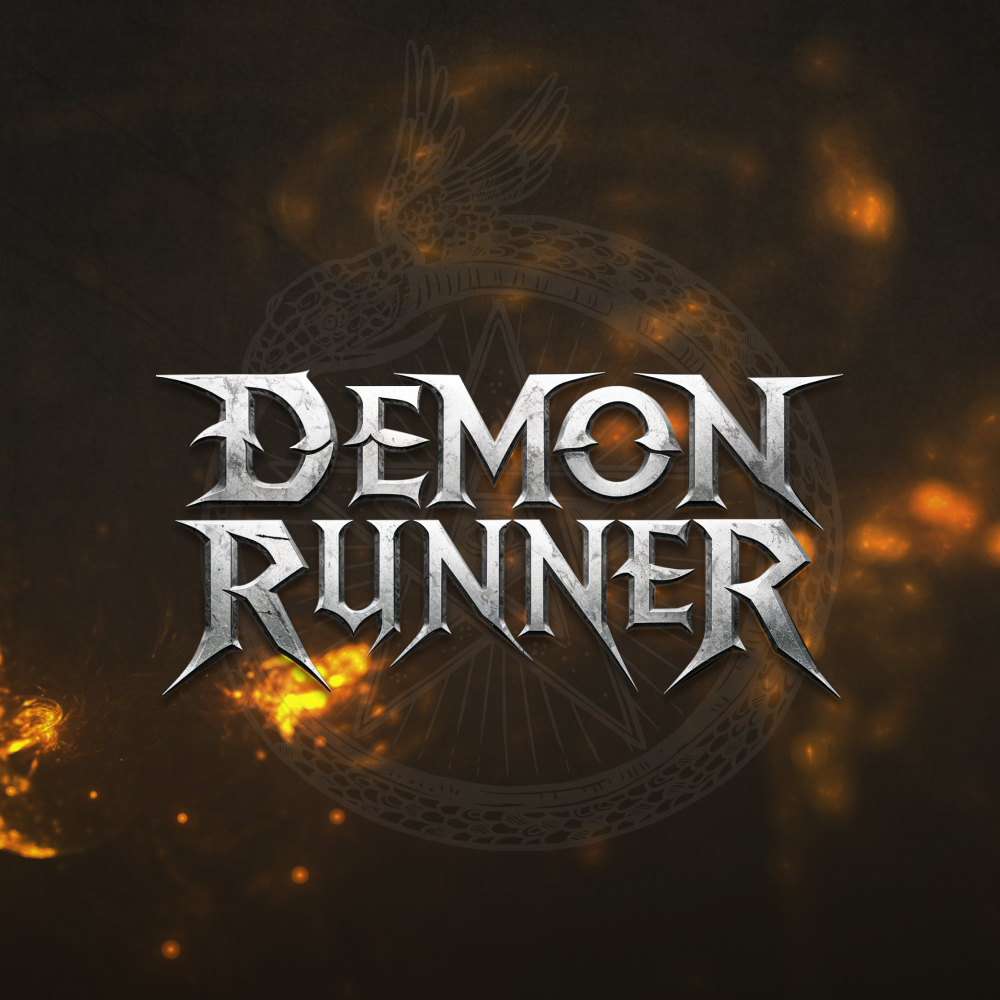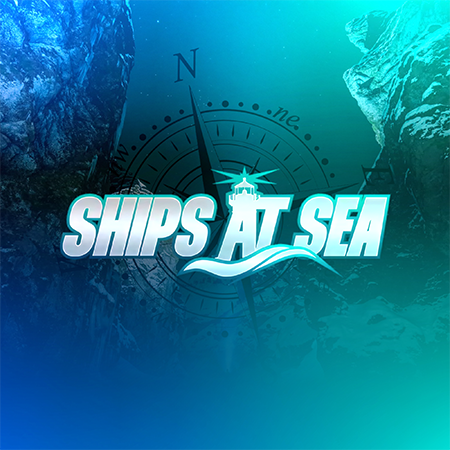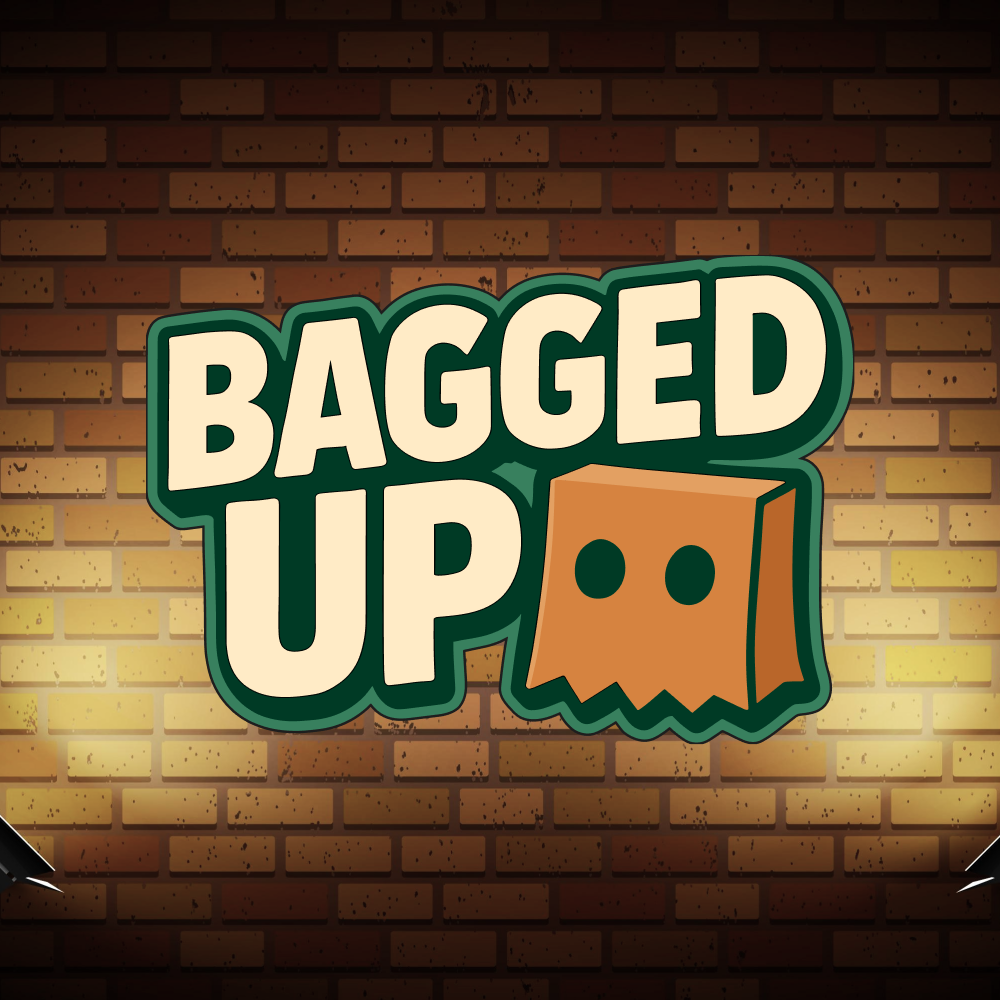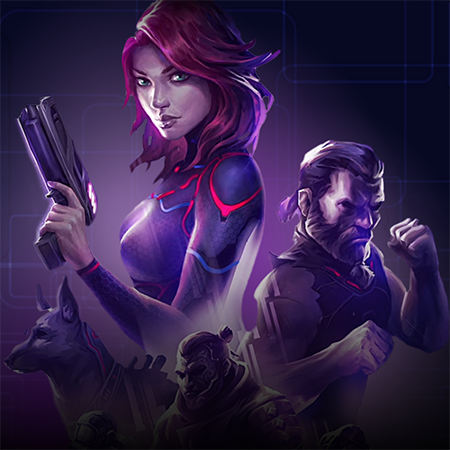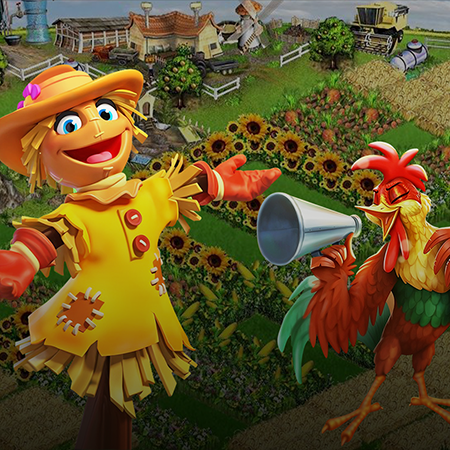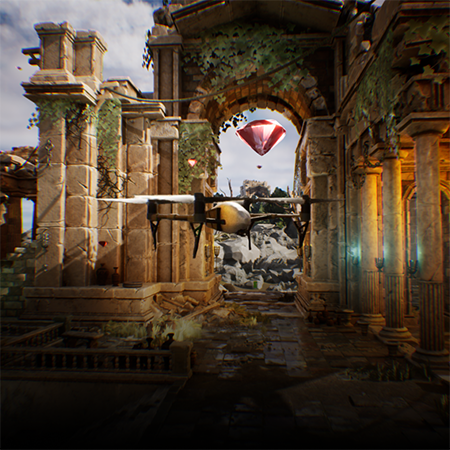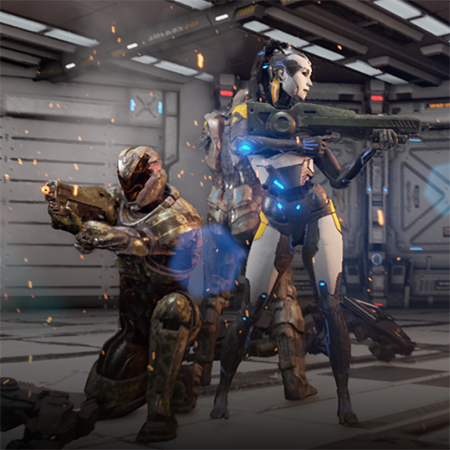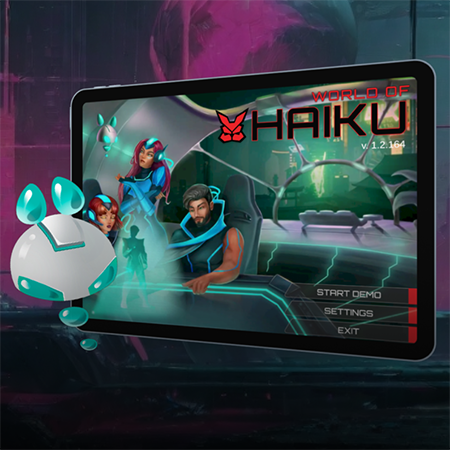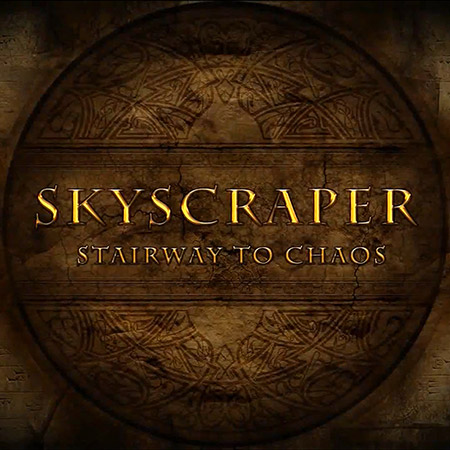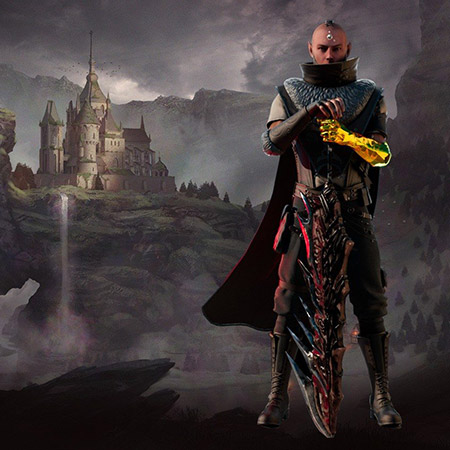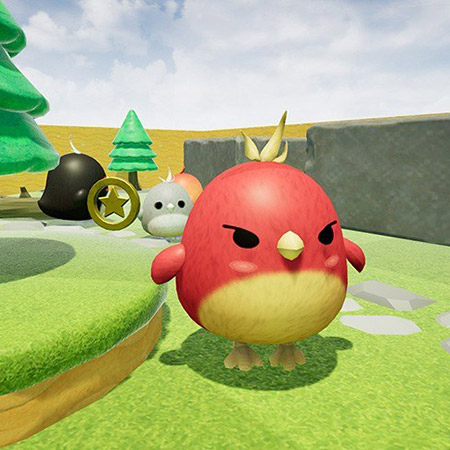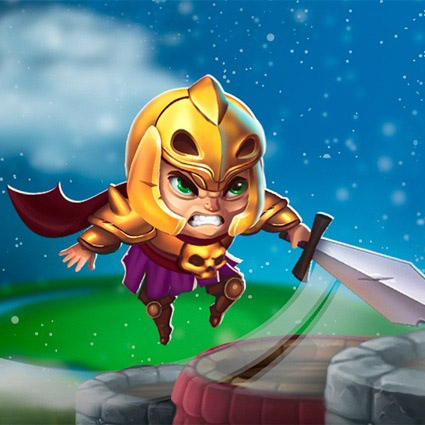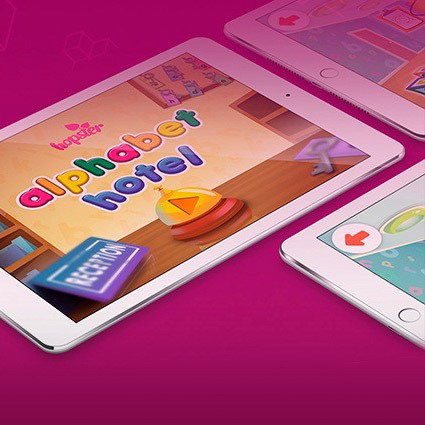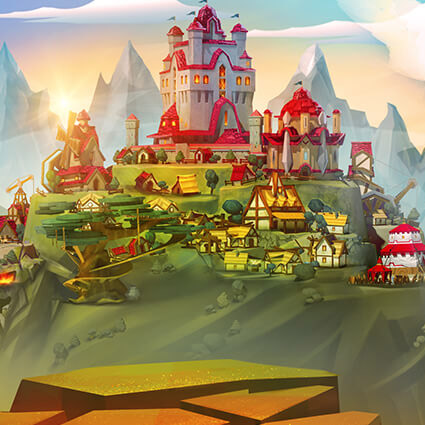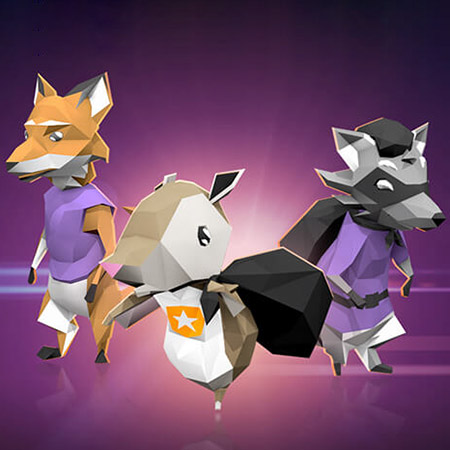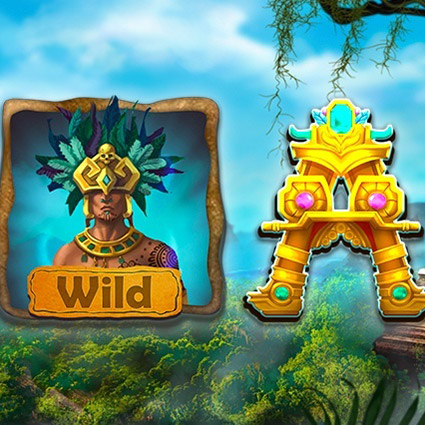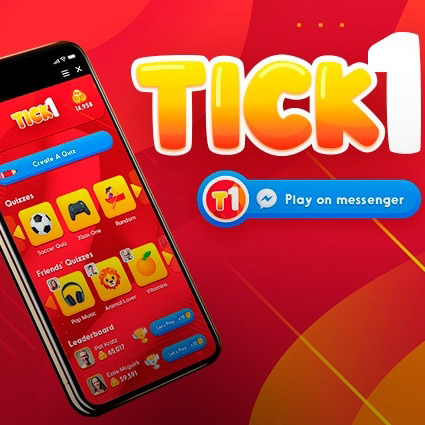Collaborating in video game co-development unites a range of specialized skills and insights essential for tackling the intricate challenges involved in producing a game. Each member of a co-development team holds specific duties vital for advancing the game's development and ensuring its successful completion.
Project managers play a significant role in overseeing the development process to ensure that milestones are met and the project remains on track. Their duties include scheduling, budgeting, and facilitating communication between teams across different studios involved in the co-development effort. They act as the bridge that keeps all parties aligned with the project's goals and timelines.
Designers are tasked with creating the game's concept, gameplay mechanics, and user interface. They collaborate closely with artists and programmers to ensure that the design is not only engaging but also feasible. In a co-development setting, designers from multiple studios might contribute, bringing together a richer pool of creative ideas that enhance the game's appeal.
Artists and animators are responsible for the visual elements of the game, which include character designs, environments, and animations. Their work is vital in defining the game's aesthetic and making it stand out in a competitive market. In co-development, these professionals must synchronize their efforts to maintain a consistent style throughout the game.
Programmers develop the code that brings the game to life. In a co-development framework, they must integrate various elements created by different teams into a single, functioning system. Programmers also address technical challenges such as platform compatibility and performance optimization, ensuring the game runs smoothly on all intended devices.
Quality assurance testers are integral to the development process and are tasked with finding and documenting bugs. Their detailed feedback is crucial for refining the game before it goes to market. Co-development introduces additional complexity to this role, as testers must evaluate integrated elements from multiple sources, ensuring consistency and functionality across the board.
Audio engineers work on the game's sound design, which includes effects, voiceovers, and background music. Their role ensures that the auditory experience complements the visual aesthetics, thereby enhancing player immersion. In co-development, aligning the audio elements with the visual and narrative aspects requires close cooperation between different teams.
Each member of a game co-development team contributes to a tapestry of skills and visions that, when effectively combined, result in a game that is both innovative and commercially viable. The collaborative nature of co-development fosters a dynamic environment where challenges are met with collective creativity and solutions.
Our studio values the synergy created through game co-development, understanding that it amplifies our capacity to produce captivating and high-quality games. By joining forces with other entities, we leverage their unique strengths, which complements our in-house capabilities and leads to richer, more diverse game offerings.
If you are considering entering into a game co-development project and want to understand how our services can enhance your game's development, we invite you to get in touch. Partner with us to take advantage of our comprehensive game co-development services and experience the benefits of working alongside a studio that is as committed to the art of game-making as you are.
